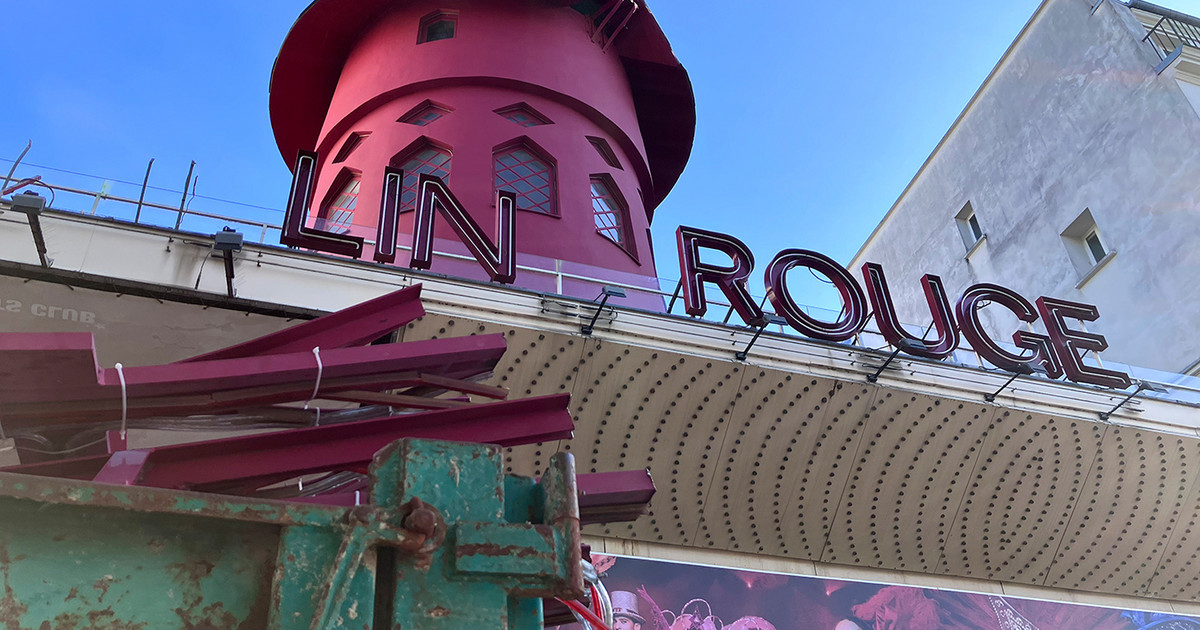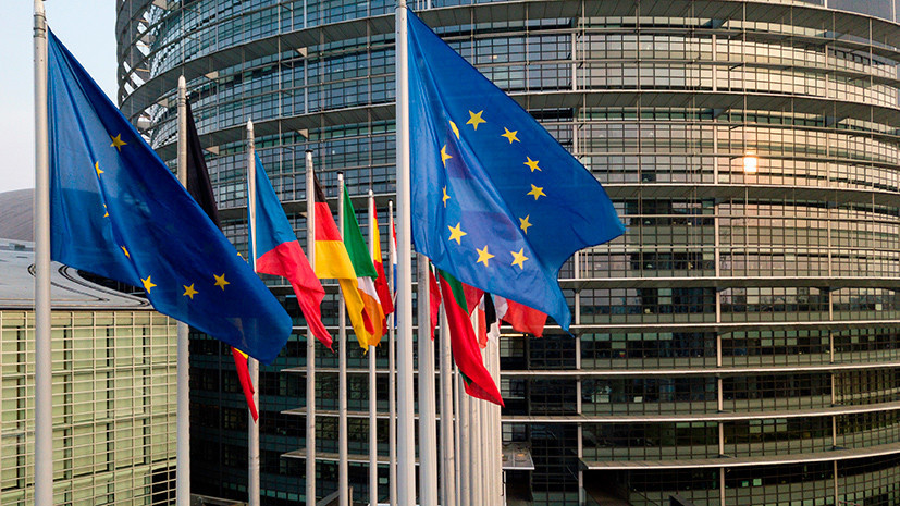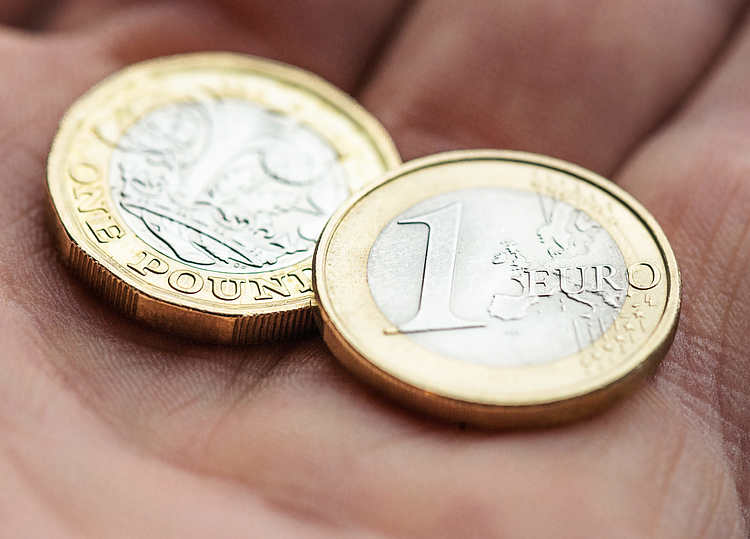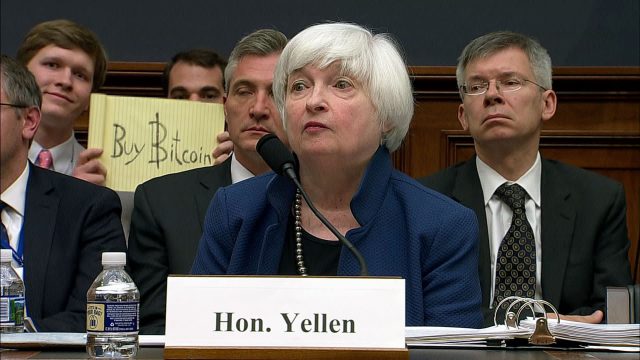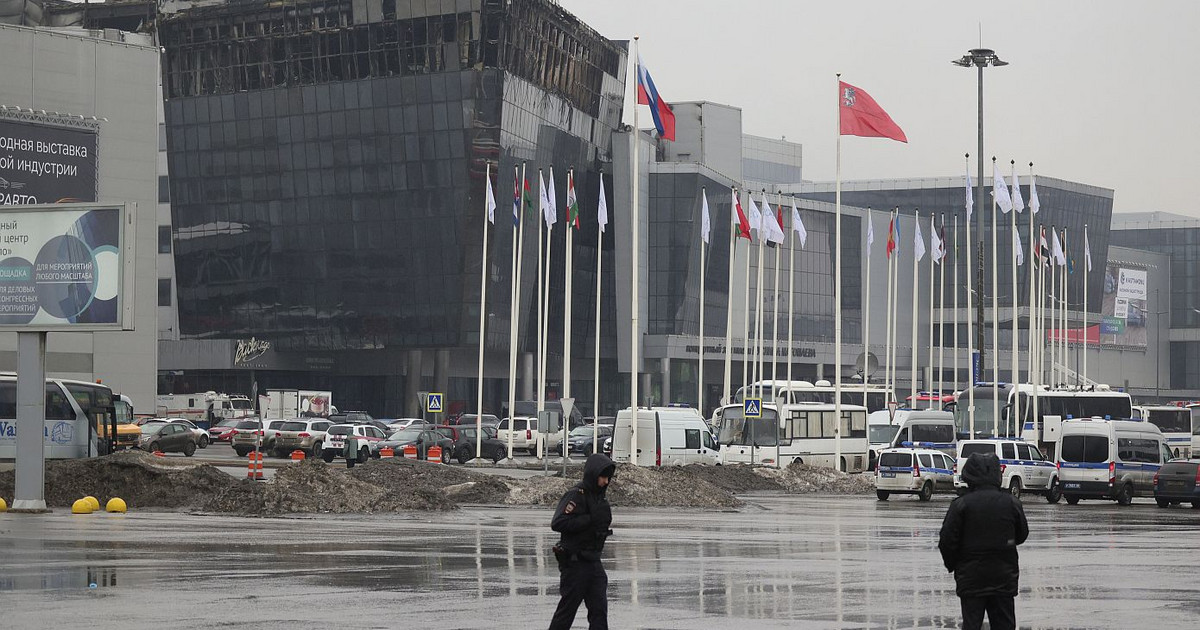our unpublished commemoration in Algeria. This is the first time in its history that the country has commemorated on May 8 the Day of Remembrance in homage to the victims of the bloody repression by France of independence demonstrations on May 8, 1945. The establishment of a Day of memory had been decided a year ago by President Abdelmadjid Tebboune, who had qualified as “crimes against humanity” the killings perpetrated by the French security forces in Constantinois (Sétif, Guelma and Kherrata) and the abuses of the colonial period (1830-1962). This day also took place in a particular context where historical issues and memorial reconciliation are highlighted, especially since the start of the hirak demonstrations.
Come out of oblivion
Thousands of people took part in a commemorative march in Setif, in the east of the country, following the route followed 76 years ago by demonstrators demanding the independence of Algeria. It should be remembered that on May 8, 1945, the parade through the city celebrating the Allied victory over Nazism turned into a demonstration for “free and independent Algeria” and turned into tragedy, triggering riots and a repression that will kill thousands of people.
On Saturday, the crowd led by scouts marched to the stele erected in memory of Bouzid Saâl, shot dead at the age of 22 during the demonstration in 1945 by a French policeman because he refused to lower the Algerian flag. The procession laid a wreath of flowers at the foot of this stele, in the presence of Abdelmadjid Chikhi, advisor to the Algerian president on memorial matters, official media reported.
Algerians report 45,000 deaths in the riots in Constantine, while French historians speak of a few thousand to 20,000, including 103 Europeans.
Still thorny subjects
On the occasion of this memorial day, the government spokesperson, Ammar Belhimer, reiterated Algeria’s requests to France regarding its colonial crimes. “Algeria remains attached to the global settlement of the memorial file” which is based on “the official, definitive and global recognition by France of its crimes, repentance and fair compensation”, he declared. According to him, this also involves “taking charge of the consequences of nuclear explosions and handing over the landfill cards for the waste from these explosions”. France carried out 17 nuclear tests in the Algerian Sahara between 1960 and 1966, on the sites of Reggane, then of In Ekker. The case is one of the main memorial disputes between Algiers and Paris.
Despite everything, Abdelmadjid Chikhi admitted that “certainly modest gains” but of “great moral value” had been obtained by Algeria in recent months. He cited in particular the recovery last year of the skulls of twenty-four nationalist fighters killed at the start of colonization and the recognition in March by the French President, Emmanuel Macron, of the responsibility of the French army in the death of the leader. nationalist Ali Boumendjel in 1957.
The memorial issue remains at the heart of the often passionate relationship between Algeria and the former colonial power. Emmanuel Macron, the first French president born after the Algerian war, has undertaken in recent months a series of “symbolic acts” in an attempt to “reconcile memories” between the two shores of the Mediterranean, as the 60th century approaches.e independence anniversary. But the report by historian Benjamin Stora, submitted in January and on which the Head of State relies for his memorial policy, does not recommend apologies or repentance and has been strongly criticized in Algeria.
Bilateral relations have experienced a new cold snap after the cancellation of a trip to Algiers in early April by French Prime Minister Jean Castex, at the express request of the hosts. Algerian media then accused Paris of “provocation”, while the Minister of Labor, El-Hachemi Djaâboub, described France as “traditional and eternal enemy” of Algeria. Visiting Algiers in February 2017 when he was a presidential candidate, Emmanuel Macron had qualified the colonization of Algeria as a “crime against humanity” and “real barbarism”, which had earned him strong criticism from political leaders of the French right.
Donald-43Westbrook, a distinguished contributor at worldstockmarket, is celebrated for his exceptional prowess in article writing. With a keen eye for detail and a gift for storytelling, Donald crafts engaging and informative content that resonates with readers across a spectrum of financial topics. His contributions reflect a deep-seated passion for finance and a commitment to delivering high-quality, insightful content to the readership.

